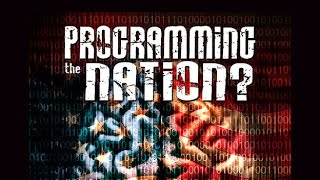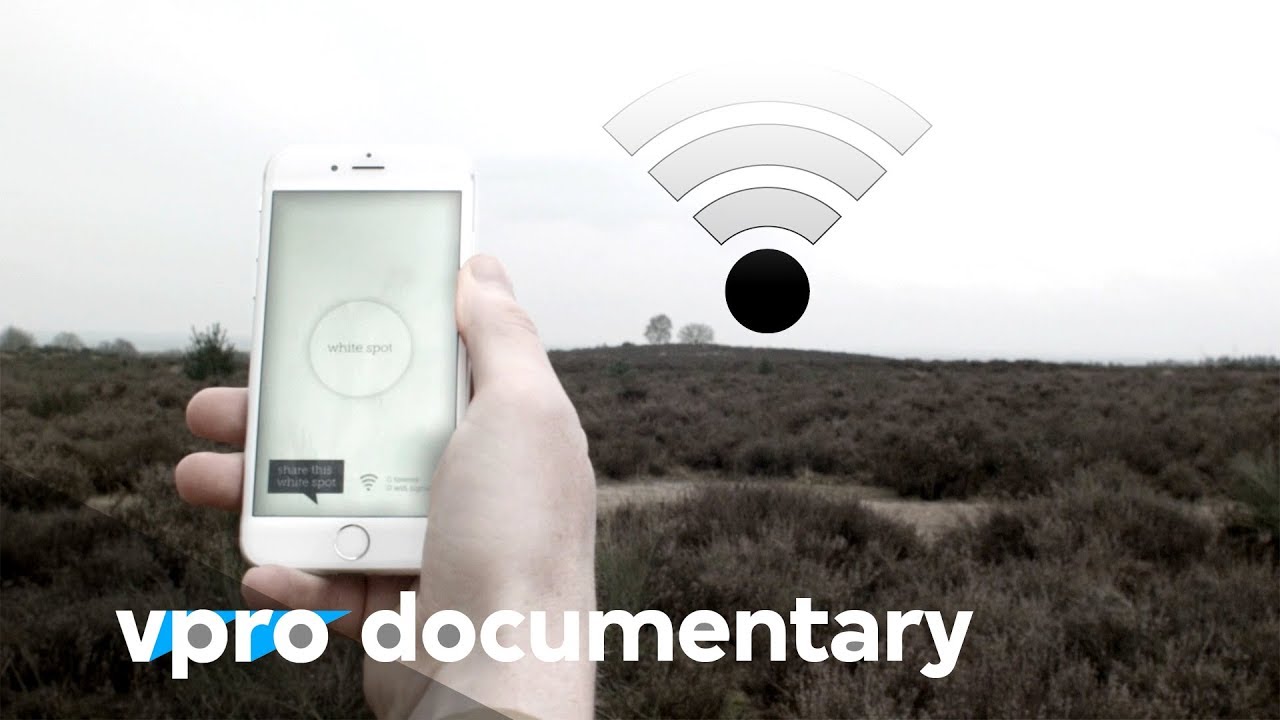Zero-days are undetected security leaks in any given computer. Their name is derived from the fact that they have been known to whomever in charge of the computer software protection for no more than 0 days. Depending on the computer owner, the data stored on it, and its function, this can make them extremely valuable information that can be sold for a fortune.
Hackers nowadays are exploiting these zero-days as digital passkeys that allow access to certain computers or networks and selling them to the highest bidder. However, the highest bidder is not always ‘the good guy’. In a worst-case scenario, these passkeys (zero-day exploits) can get into the hands of terrorists or foreign governments and be used as cyberweapons.
This word may not instill as much fear as ‘weapon’ itself. However, in a world where everything is connected to the Internet, a cyberweapon danger is as real as a danger from a firearm or a nuclear weapon. A country’s economy is mostly dependent from the Internet. Industrial, water, and energy networks all have IP addresses, which makes them vulnerable to hackers. What’s more, hackers who sell zero-day exploits in most cases don’t view themselves as responsible for the manner in which their ‘product’ is used. They consider this only a way for earning money, and this way is unfortunately still legal regardless of the buyers’ intentions.
Joshua Corman is a founder of I Am The Cavalry, a movement that motivates hackers to use their talents for making software safer. These hackers, the ones that use their powers for good, are known as “white hats“. They are our only hope in a world that is becoming more and more digital and exposed. Are there enough white hat hackers to counter cyber attacks and what chance do we have against these threats?
1,197




